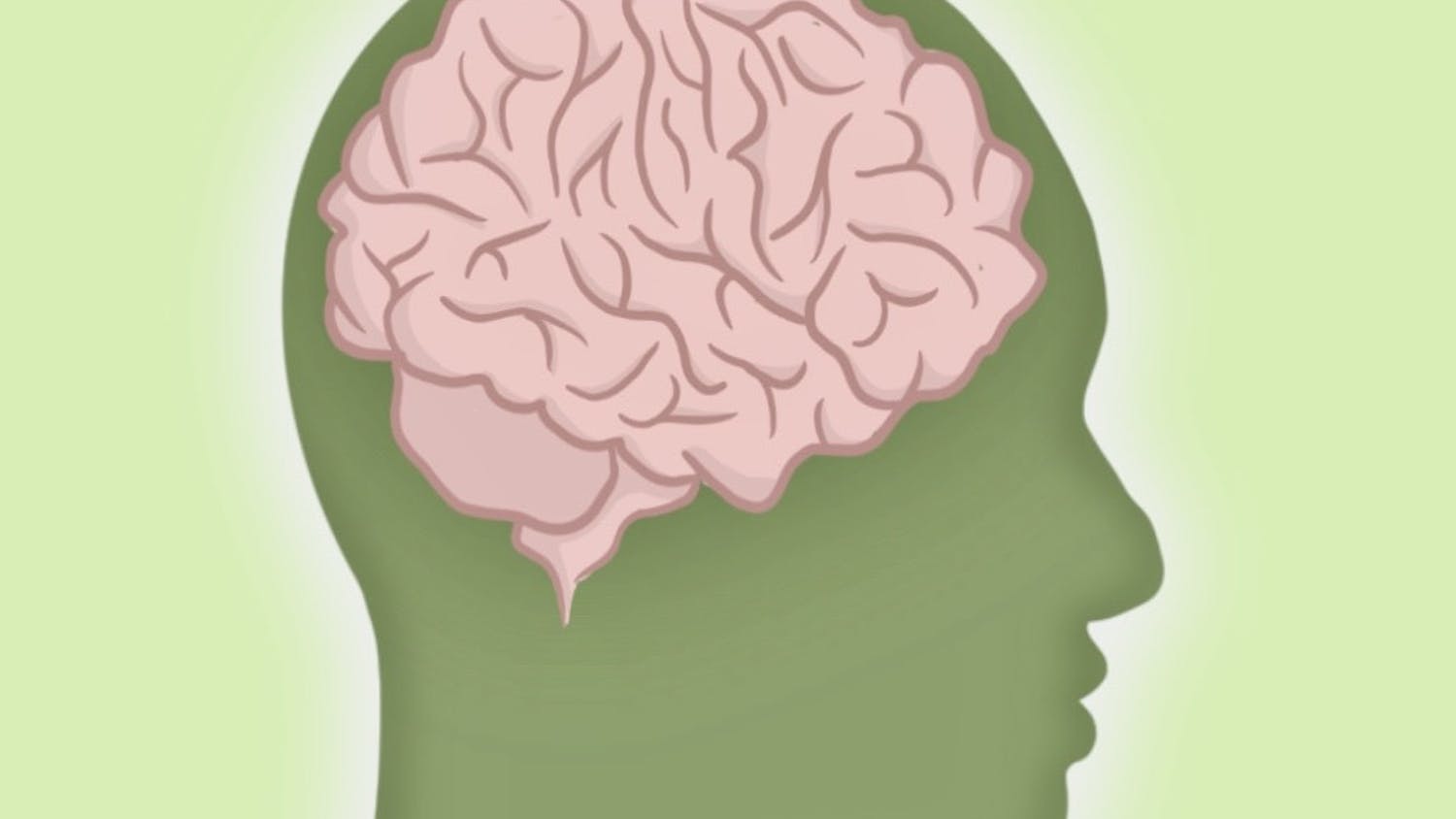Over the past few days, I have seen multiple articles detailing the lives of middle school students who chose to end their lives by killing themselves. Suicide is always tragic. Suicide should always draw our attention and ignite a desire for action and change. When those who choose to end their lives are not even teenagers yet, it can capture our attention in a particularly intense way.
In the articles and blog posts I’ve read, many people have attributed the students’ choices to end their lives to something that has plagued society and humankind for centuries: bullying. Bullying isn’t something often talked about in college. It dominated conversation from elementary school through high school, but once we reached college, it seemed to trickle out of the dialogue. It may be off our minds at the moment, but the problem is far from gone.
Something I found interesting was a phenomenon one of the parents of a student referred to as “not my child syndrome.” She thinks parents tend to believe their children are not the ones participating in bullying, and anything negative they hear about children’s behavior may apply to other kids but certainly not their own. Of course, we can understand why a parent would not want to think their kid is the bully, but logically, if every parent thinks this, at least a few of them have to be wrong.
You may be wondering why I’m talking about parenting in a column for a college newspaper. I recognize this may not seem applicable at the moment. However, we are at a unique state in our lives in which we can plan for a better future for kids by vividly recalling our past when we were kids. We can decide now who we want to be. Who we are now plays a role in who we want to spend our lives with and how we want to raise our kids, should we decide to have them. We are also going to be the ones who make the newest social media, who make policy and who are teachers and administrators working with kids.
Similarly, we may adopt a philosophy of “not me syndrome.” Maybe you’re out of that stage of your life or wouldn’t call yourself a bully and therefore think this whole thing doesn’t really have to do with you. However, I can assure you it has everything to do with all of us.
Our parents had more resources than their parents did to help our generation be better than the last, and we have even more. We have history, we have stories of success and stories of tragedy, and we have our own experiences to help the next generation do better than we did. When I say do better, I do not simply mean achieve more, make more money or be more successful. I mean treat each other better. I mean help other people feel welcomed, like they belong in this world. I mean help each other be the best, happiest and most loved they possibly can.
When we learn of kids ages 11 or 12 ending their own lives, we are forced to ask why. Sometimes, it could be due to issues adults deal with daily but are able to cope with thanks to a lifetime of experience. It can be due to the way they are treated by other people. The way we treat others does not just surface from nowhere. Behavior is learned and observed. Our behavior is among that which younger people observe and wish to emulate, and the truth of this will only grow with time. We cannot forget how hard it was to be in middle school, and we cannot assume the problem has nothing to do with us. Even if you don’t think you have any power in this area, you do.
Taylor Cavaliere is a UF journalism and psychology junior. Her column appears on Mondays.





